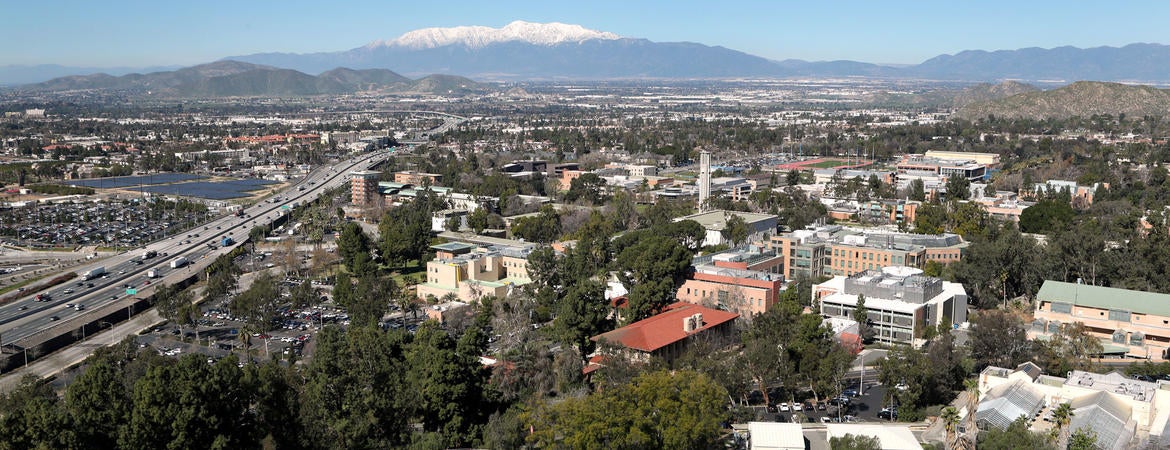
After years of trending solidly upwards, business activity in the Inland Empire was knocked off its growth rails in the first quarter, an unsurprising result of the worldwide halt in economic activity due to the COVID-19 pandemic.
Business activity in the region contracted at an annualized rate of -0.2% in the first quarter, according to the latest Inland Empire Business Activity Index released today by the UCR School of Business Center for Economic Forecasting and Development. This compares to 2% growth in the fourth quarter of 2019.
“It’s easy to feel almost nostalgic looking back just one quarter; we’re abruptly and painfully in a new world,” said Adam Fowler, Director of Research at the Center for Forecasting. “Just how long the region’s business activity remains suppressed depends on when stay-at-home orders and business closures are relaxed, but for the short-term, it’s clear the second quarter will look worse than the first.”
Riverside and San Bernardino Counties have enacted rigid and conscientious public health policies, which Fowler said will be key in controlling the spread of the virus and in preventing the region’s health care system from being overwhelmed. The new analysis spotlights California’s health care industry, which while not currently inundated, could be if cases of the disease spike.
“The coronavirus has exposed a variety of weaknesses in the state’s health care industry in terms of worst-case scenarios,” said Fowler. “Because of the infectious nature of this virus, its capacity to surge rapidly is quite extreme, making it critical for health care systems to understand and prepare to handle sudden and intense increases in demand.”
Additional key findings include:
- Because of a lag between the time of infection and signs of symptoms, and because cases are expected to rise, California’s current health care infrastructure may be unable to cope with additional surges.
- While California has roughly 2.9 physicians for every 1,000 residents, the Inland Empire has only 2 per 1,000.
- Pressure is mounting on ICU bed availability. COVID-19 patients currently occupy about 20% of the ICU beds in California, 33% in Los Angeles County, and 22% in the Inland Empire.
- Approximately one-third of the health care workforce in the Inland Empire is age 50 or older, meaning that this portion of the workforce, which already has an increased risk of infection, has a higher risk of contracting critical cases.
- If confirmed cases increase and the number of patients requiring critical care rises, the disturbing experiences of other countries, where doctors have had to triage among victims, may become reality in the region.



